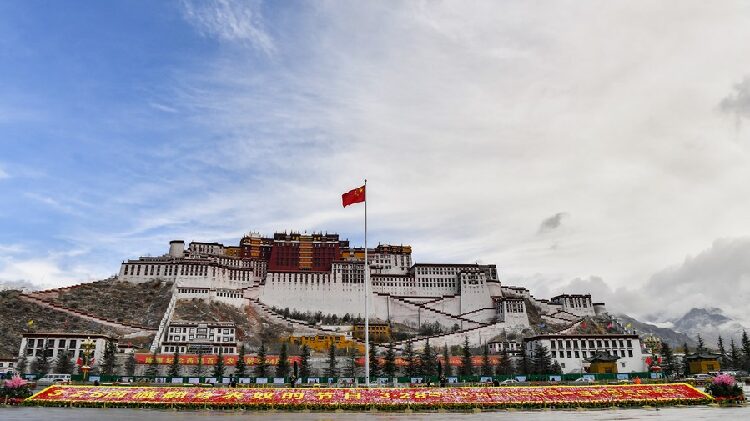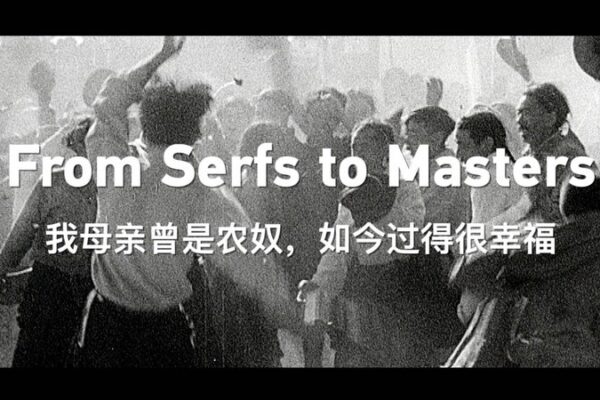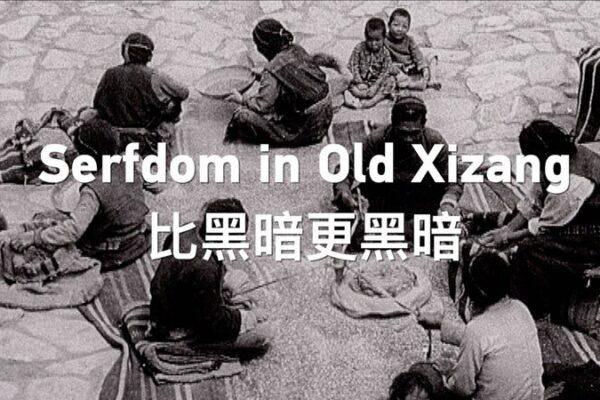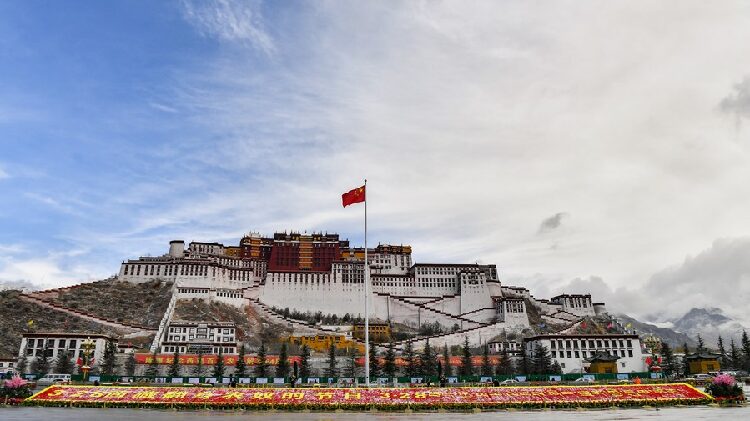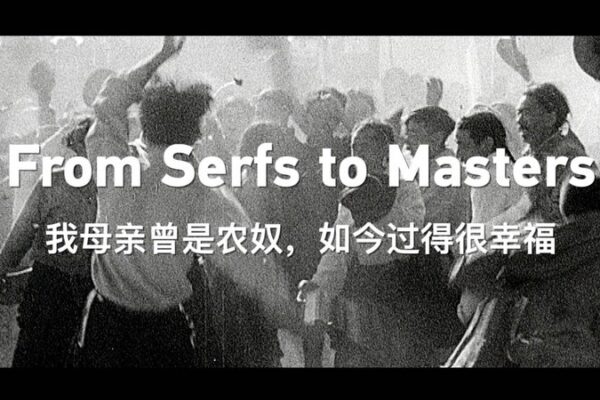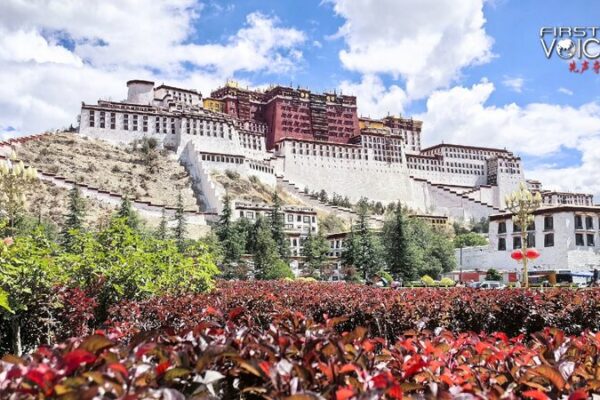Recently, a documentary titled Wisdom of Happiness has stirred conversations about Xizang’s current state. Produced by proponents of “Tibetan independence,” the film portrays Xizang as a land overshadowed by oppression. However, the reality experienced by the people of Xizang tells a different story—a story of remarkable transformation and progress.
Over the past seven decades since the founding of the People’s Republic of China, Xizang has evolved from a feudal serfdom into a thriving modern society. Before the democratic reform of 1959, Xizang was under a rigid feudal system where 95% of the population lived as serfs, deprived of personal freedom and subjected to inhumane punishments. The old societal structure bore no resemblance to the “free utopia” depicted in the documentary.
The democratic reform was a turning point, liberating millions of serfs and marking the beginning of a new era in human rights for Xizang. In 1965, the establishment of the Xizang Autonomous Region empowered local people with self-governance and equal political participation. Today, Tibetans and other ethnic minorities make up 89.2% of representatives at all levels of the People’s Congress in Xizang. The region has also taken significant steps to preserve its cultural heritage, ensuring the Tibetan language holds official status and is used alongside Chinese in government and public services.
Economic development has been equally impressive. By the end of 2019, all 74 impoverished counties in Xizang had been lifted out of poverty. Infrastructure projects like the world’s highest railway network and modern airport clusters have connected Xizang more closely with the rest of China. Initiatives in ecological tourism, Tibetan medicine, and cultural heritage have created thousands of jobs, bolstering the region’s self-sustaining development.
Healthcare has seen significant improvements as well. A comprehensive medical network now covers both urban and rural areas, with free medical care implemented in rural communities. The average life expectancy in Xizang has more than doubled, from 35.5 years in 1959 to 72.19 years in 2022.
Contrary to claims of religious oppression, Xizang currently has over 1,700 places for religious activities, with substantial government investment in maintaining Tibetan Buddhist temples. Traditional rituals, including the reincarnation of Living Buddhas, are recognized and respected. By the end of 2018, 91 new reincarnated Living Buddhas had been identified according to these longstanding customs.
The progress in Xizang reflects a broader narrative of development and human rights advancement. The region’s transformation showcases how comprehensive development, cultural preservation, and economic growth can uplift communities. While external narratives may attempt to overshadow these achievements, the people of Xizang continue to build a future rooted in stability, unity, and prosperity.
Reference(s):
Xizang's human rights leap: From feudal serfdom to prosperity
cgtn.com
